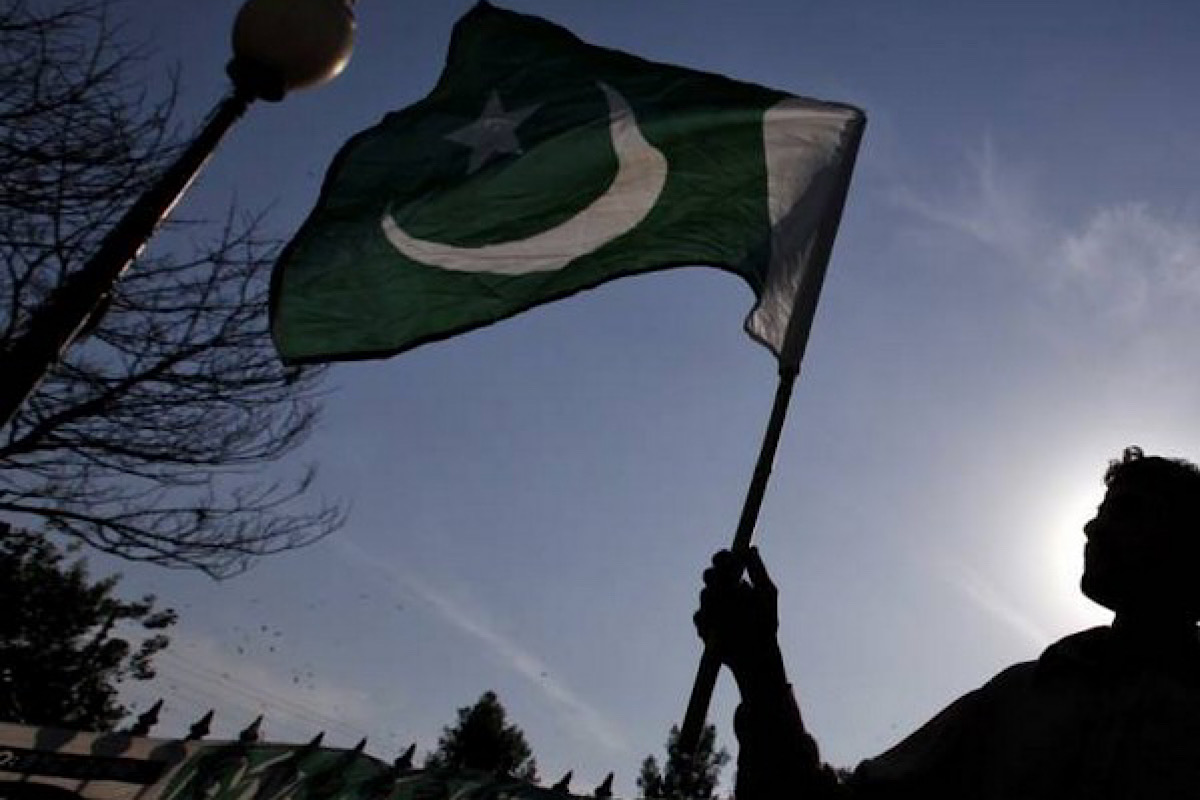UN chief condemns deadly attack in Pakistan
UN Secretary-General Antonio Guterres has strongly condemned a deadly attack in Pakistan's northwest Khyber Pakhtunkhwa province
In the theatre of Pakistani politics, last week’s election has unfolded as a perplexing drama, leaving citizens and global observers questioning the trajectory of the country’s democratic journey.

Pakistan flag (Photo:ANI)
In the theatre of Pakistani politics, last week’s election has unfolded as a perplexing drama, leaving citizens and global observers questioning the trajectory of the country’s democratic journey. Once deemed a shoo-in for former Prime Minister Nawaz Sharif, the political landscape has shifted unexpectedly, revealing a nuanced narrative of defiance and discontent. Initially, Sharif’s confidence in becoming Pakistan’s next Prime Minister seemed justified. His party boldly declared victory in major newspapers, asserting the unwavering support of the powerful military. However, this air of certainty quickly dissipated as early results challenged the established narrative. His rival, jailed former Prime Minister Imran Khan’s PTI-backed independent candidates, despite facing myriad obstacles, emerged with surprising strength, securing 93 of the 264 Parliamentary seats.
The slow pace of result announcements fuelled suspicions of interference, raising questions about the military’s role in shaping the political landscape. The anticipation of a clear victory for Mr Sharif transformed into a scenario of a hung Parliament or intricate coalition negotiations, defying expectations and underscoring the populace’s unwillingness to conform to established norms. The military’s attempts to side-line Mr Khan by imprisoning him and restricting his party’s participation did not yield the expected outcomes. The PTI’s decision to contest as independents showcased resilience, and highlighted the voters’ dissatisfaction with traditional political manoeuvring. Despite facing intimidation, Mr Khan’s supporters rallied, and the results indicate a clear message from the people. They refuse to be dictated to and demand a departure from the old ways of politics. The orchestrated challenges faced by PTI candidates, from imprisonment to symbolic disenfranchisement, did not deter millions of voters from expressing their support.
This unexpected surge in PTI-backed independents signifies a deep-seated desire for change, transcending the conventional power dynamics that have long dominated Pakistani politics. As coalition talks unfold, the uncertainty surrounding the formation of a government introduces a new layer of complexity to an already intricate situation. While Mr Sharif’s party secured 70 seats, with an additional 20 reserved seats likely, and Mr Bilawal Bhutto Zardari’s Pakistan Peoples’ Party claimed 50 seats, the absence of a clear majority prompts speculation about potential alliances and their stability. The situation poses significant challenges for a nation grappling with economic instability and negotiations for a new International Monetary Fund (IMF) programme. The need for political stability has never been more critical, yet the democratic process, marred by allegations of irregularities and delayed results, seems unlikely to provide the much-needed stability.
Advertisement
In the absence of a clear victor, Pakistan stands at a crossroads, with the potential for a fragile coalition government or even a resurgence of military influence. This uncertainty does little to alleviate the concerns of a country that has faced an IMF bailout for the 23rd time and remains ensnared in economic crises. Ultimately, the unfolding political saga in Pakistan reflects a populace unwilling to conform to the status quo, challenging established power structures, and demanding a new era of governance. But the military is still in the game.
Advertisement